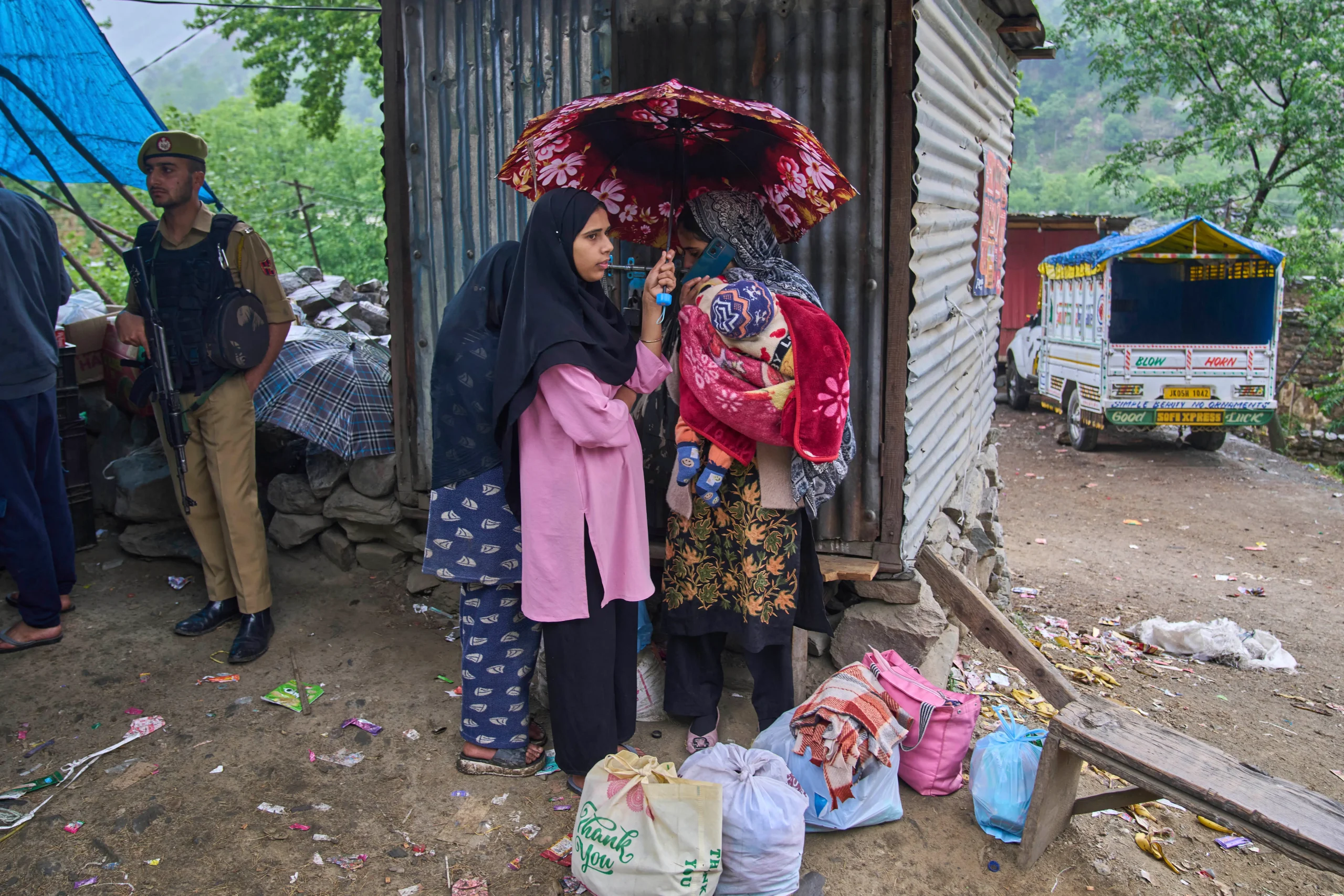The longstanding conflict between India and Pakistan over the disputed region of Kashmir has escalated dramatically, resulting in heavy artillery exchanges, civilian casualties, and mass evacuations. Recent reports indicate that at least five civilians were killed overnight, with four fatalities in Pakistan-administered areas and one in Indian-administered Kashmir. The shelling has caused widespread destruction, prompting thousands to flee their homes and seek shelter in temporary relief camps.
Background and Recent Developments
The current surge in violence was triggered by a deadly attack on Hindu tourists in Indian-administered Kashmir on April 22, which resulted in 26 deaths. India attributed the attack to Pakistan-backed militants, leading to retaliatory airstrikes on alleged terrorist camps in Pakistan. In response, Pakistan launched missile and drone attacks targeting Indian military sites, which India claims to have intercepted.
The exchanges have intensified along the Line of Control (LoC), with both sides accusing each other of unprovoked aggression. India reported that Pakistani shelling killed 12 civilians and injured over 50 in Jammu and Kashmir, leading to mass evacuations from border villages. Conversely, Pakistan accused India of targeting civilian areas, resulting in significant casualties and damage to infrastructure.
Humanitarian Impact
The escalation has had a profound impact on civilians residing near the LoC. Thousands have been displaced, with many seeking refuge in temporary shelters set up by authorities. In Indian-administered Kashmir, schools have been closed, and emergency services are overwhelmed by the influx of injured civilians. In Pakistan-administered areas, residents report continuous shelling, leading to a state of constant fear and uncertainty.
Religious sites have not been spared; a gurdwara in Poonch was damaged during the shelling, resulting in the deaths of 15 civilians, including four Sikhs. The destruction of homes and infrastructure has left many without basic necessities, exacerbating the humanitarian crisis.
International Response
The international community has expressed deep concern over the escalating tensions between the two nuclear-armed neighbors. The United States, China, and Saudi Arabia have called for restraint and offered to mediate to prevent further deterioration of the situation. Despite these appeals, both India and Pakistan have continued to engage in aggressive military actions, raising fears of a full-scale war.
Conclusion
The recent escalation in Kashmir underscores the fragility of peace in the region and the dire consequences of unresolved territorial disputes. The humanitarian toll is mounting, with civilians bearing the brunt of the conflict. Immediate de-escalation and renewed diplomatic efforts are essential to prevent further loss of life and to pave the way for a lasting resolution to the Kashmir dispute.
Source; Al Jazeera



